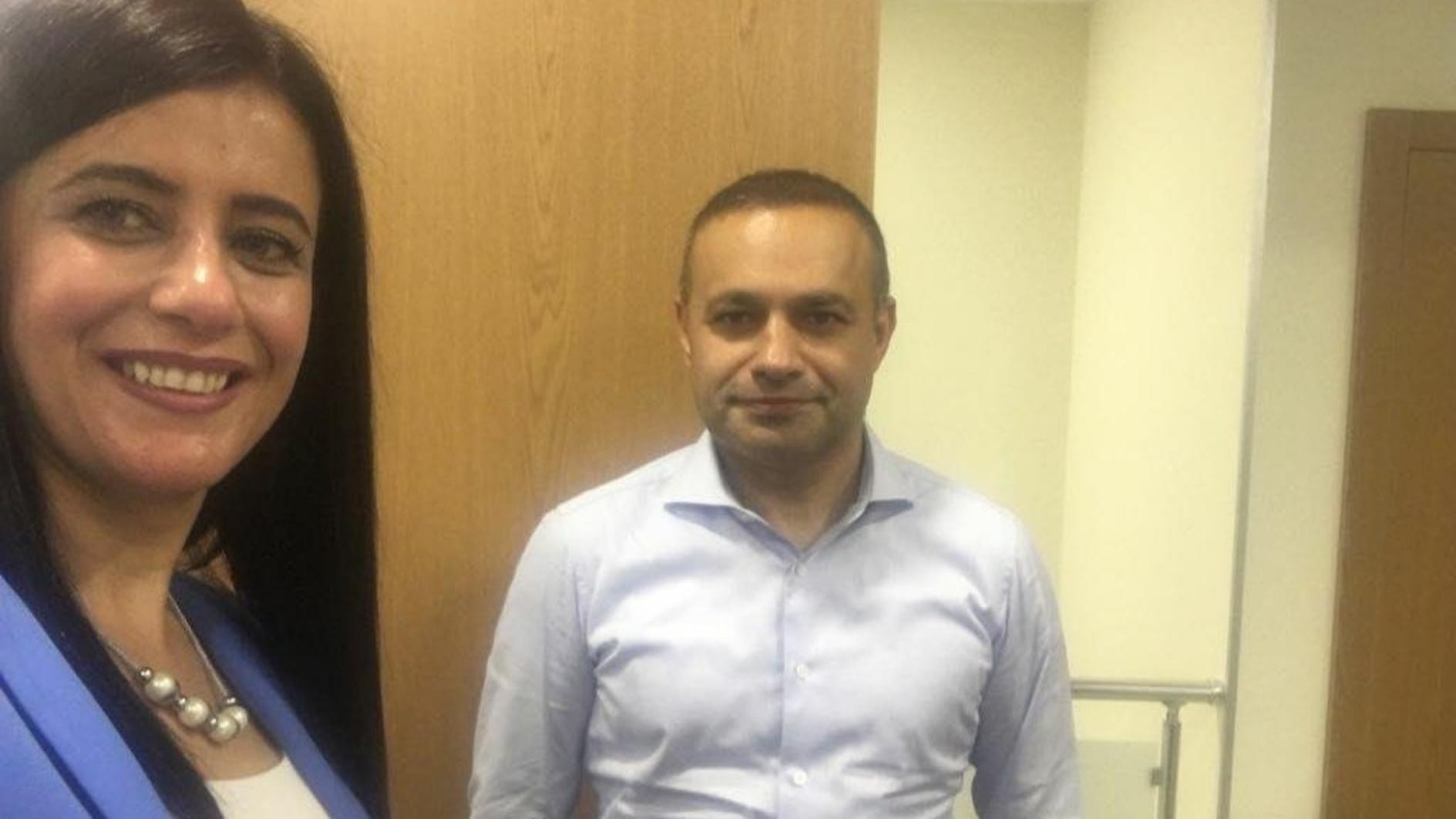Russia, Turkey should try to avoid a major crisis over Syria
Air Forces Commander Gen. Abidin Ünal’s statement on Oct. 5 amounted to a brief summary of the state of affairs in Turkey’s neighborhood.
“We are fighting on two fronts,” Ünal said at a meeting in Ankara, referring to the Turkish Armed Forces’ ongoing military campaigns against the outlawed Kurdistan Workers’ Party (PKK) in northern Iraq and inside Turkey and against the Islamic State of Iraq and the Levant (ISIL) in Syria.
Both the PKK and ISIL fronts are full of danger, but Russia’s recently increased military involvement in Syria and its violations of Turkish airspace make the latter much more difficult to handle. Tension along the border significantly rose over the last weekend as three separate incidents put the Turkish and Russian armies face to face. There were reportedly two separate incidents of airspace violation by Russia warplanes and serious harassment of a Turkish jetfighter by another MiG-29 whose nationality could not be identified. The Turkish army announced on Oct. 6 that Turkish warplanes were harassed once again on Oct. 5 by Syria’s aerial defense systems and by another MiG-29.
Turkey immediately turned to NATO to seek strong support and a statement against Russia, while President Recep Tayyip Erdoğan and Prime Minister Ahmet Davutoğlu seriously warned Moscow to avoid a repetition of such violations. It is certain that statements from Russia, NATO and Turkey will continue to come as defense ministers of the alliance will hold a special session to discuss the developments in Syria during their regular meeting in Brussels this week.
At the point where we have arrived, one can argue that the Syrian problem has turned to be one of the most complicated issues of recent world history, with no quick answer on how it can be resolved. Currently the air forces of the United States, Turkey, France, Russia, as well as Syria, are flying over the tiny Syrian airspace and pounding different positions. The U.S.-led coalition has been focused on stopping ISIL’s march toward the west of the country and on ISIL’s positions around the strategically important Raqqa, while Russia is bombing moderate Syrian opposition forces in northern Syria near the Turkish border.
Syria has clearly turned into a dangerous battlefield prompting concerns over a potential conflict between the two rival coalition groups. Any unwanted, unintentional development could lead to serious consequences that will surely have enormous effects on Turkey as well.
Russia’s game-changing move envisages not leaving the domain of the Middle East to the U.S.-led coalition and keeping Bashar al-Assad in power for as long as possible. The formula that Russia is pressing for is to provide an agreement with the West for a political transition process with the continued role of al-Assad for a certain period of time.
It is not yet clear whether Moscow will be able to push Washington for such a formula, but its aggressive military campaign against moderate rebel groups and airspace violations will not facilitate this process. Apart from all of these efforts, a further escalation of tension in Syria will not be to the advantage of any party and can only deepen the crisis. Therefore, both Russia and Turkey should be cautious in their moves and work to diffuse the tension. All other options will be to the advantage of no one other than terrorist organizations like ISIL, al-Nusra, and others.
The Syria crisis can only be resolved through the cooperation of all of the mentioned forces - not through their fighting.











